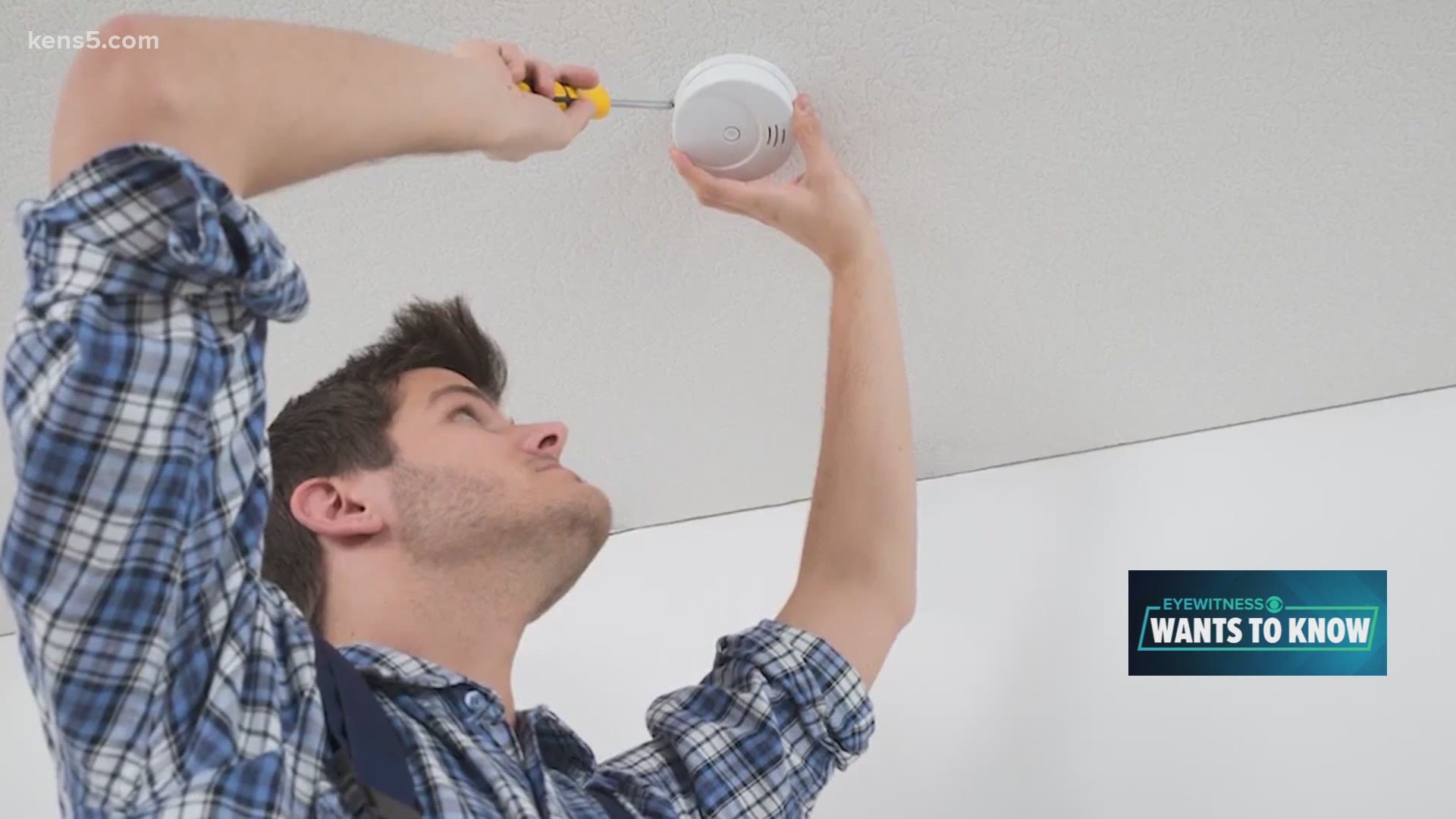SALISBURY, N.C. — Preparations for severe weather need to start while the sun is still shining. Take pictures and video of your home both outside and inside.
“Documenting beforehand helps you get a good understanding of what you have, but it also provides a record that you can provide easily to your insurance carrier,” said Steve Wilson, a senior underwriting manager with Hippo Insurance.
Then document any storm damage for comparison. Do not wait to report that damage.
“Contact your insurance carrier as soon as you can to notify them that you have some damage so that you can have somebody come out and look at that,” Wilson said.
Also, walk around your property and secure items if you know a storm is coming so lose items do not blow around and damage your home.
Many of us invested in portable generators after the deadly February winter storm that knocked out power for days. Make sure you know the safety rules before you start it.
“You want to keep them outside, only,” said Karla Crosswhite, with the U.S. Consumer Product Safety Commission. “Never operate a portable generator inside. So that means not in your garage, not in your basement, not in a crawl space, not even on your porch. It needs to be outside, 20 feet away from your home.”
That is because generators create carbon monoxide (CO) gas. It has no order, is colorless and is deadly within minutes.
“People experience dizziness, headaches, sleepiness, confusion and nausea,” said Crosswhite. “But, unfortunately, sometimes because the gas builds up so quickly, you go unconscious before you even experience those symptoms.”
You should also have CO alarms if you use a generator. Make sure they are batter-operated or come with a battery backup.
“They should be installed at each level of your home outside of each sleeping area,” said Crosswhite. “If the alarm goes off, don’t ignore it. Get outside and call 911.”
You can also check your generator before you buy it to see if it has automatic off or lower CO emissions.
“That’s going to reduce their chances of being injured or dying from CO,” said Crosswhite.
Be careful if you use any other heating source when the power goes out.
“You never want to use your charcoal grill inside or near your windows or doors, where carbon monoxide can come inside,” said Crosswhite. “Always do that outside. Candles present, obviously, a fire hazard. We recommend using a flashlight.”
These steps will help you better weather the storm when it does come.

